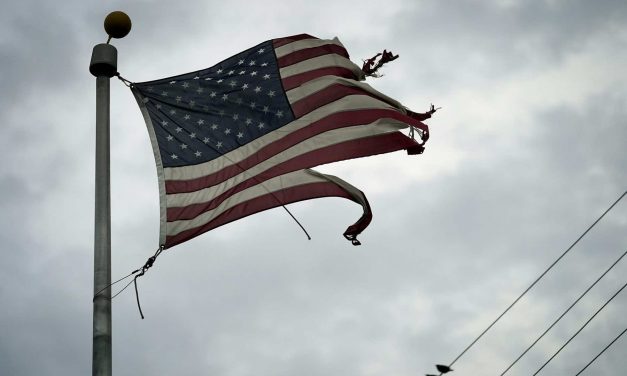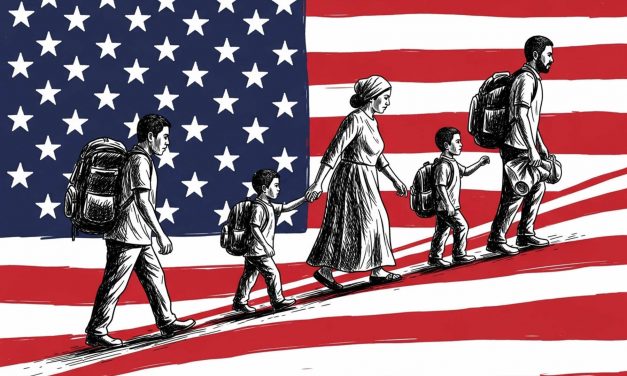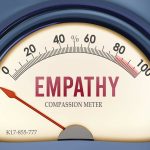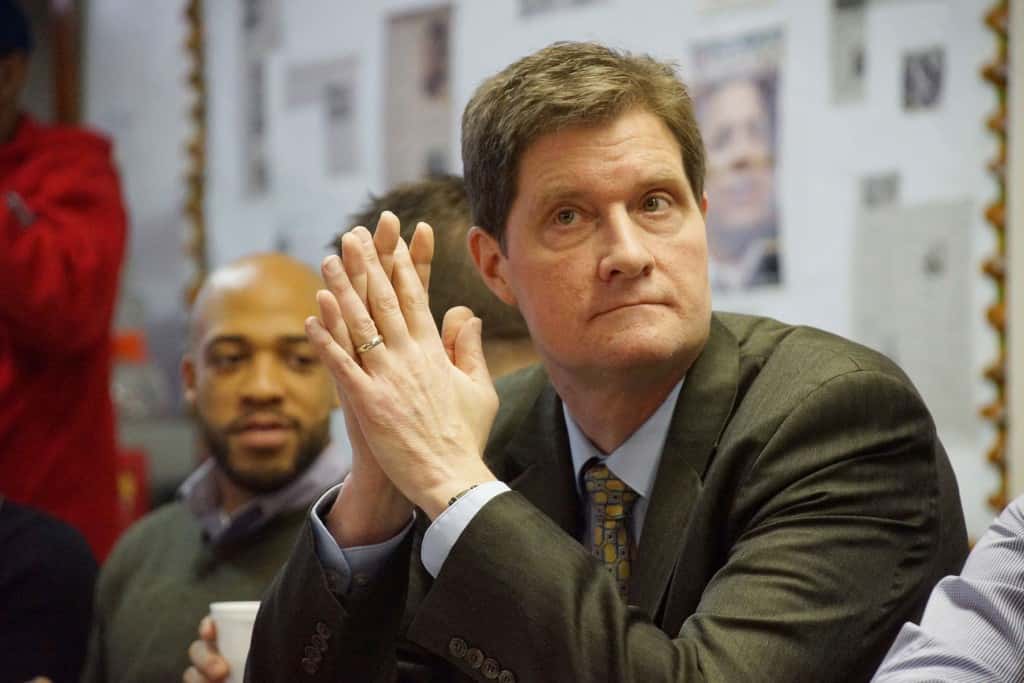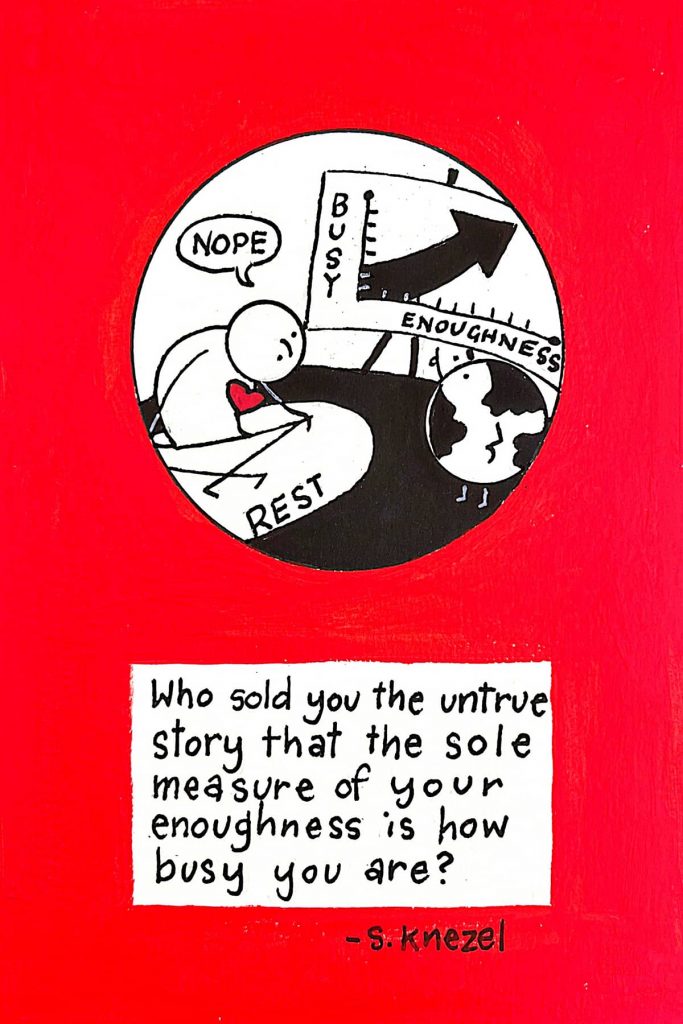Trump’s isolationist agenda could unintentionally advance global equity by weakening U.S. dominance
By Shaun Narine, Professor of International Relations and Political Science, St. Thomas University (Canada) Donald Trump’s tariffs against most of the world tanked stock markets, disrupted the U.S. bond market, and destabilized the global economy. Trump has economically and politically threatened American allies, shattering the unity of the Western world. But Trump’s chaos may have inadvertently produced an opportunity to create a better world. Some western commentators argue that the U.S. has been a benevolent superpower. That may have been true for a small group of mostly Western states that have benefited from American domination. But much of the...
Read More
